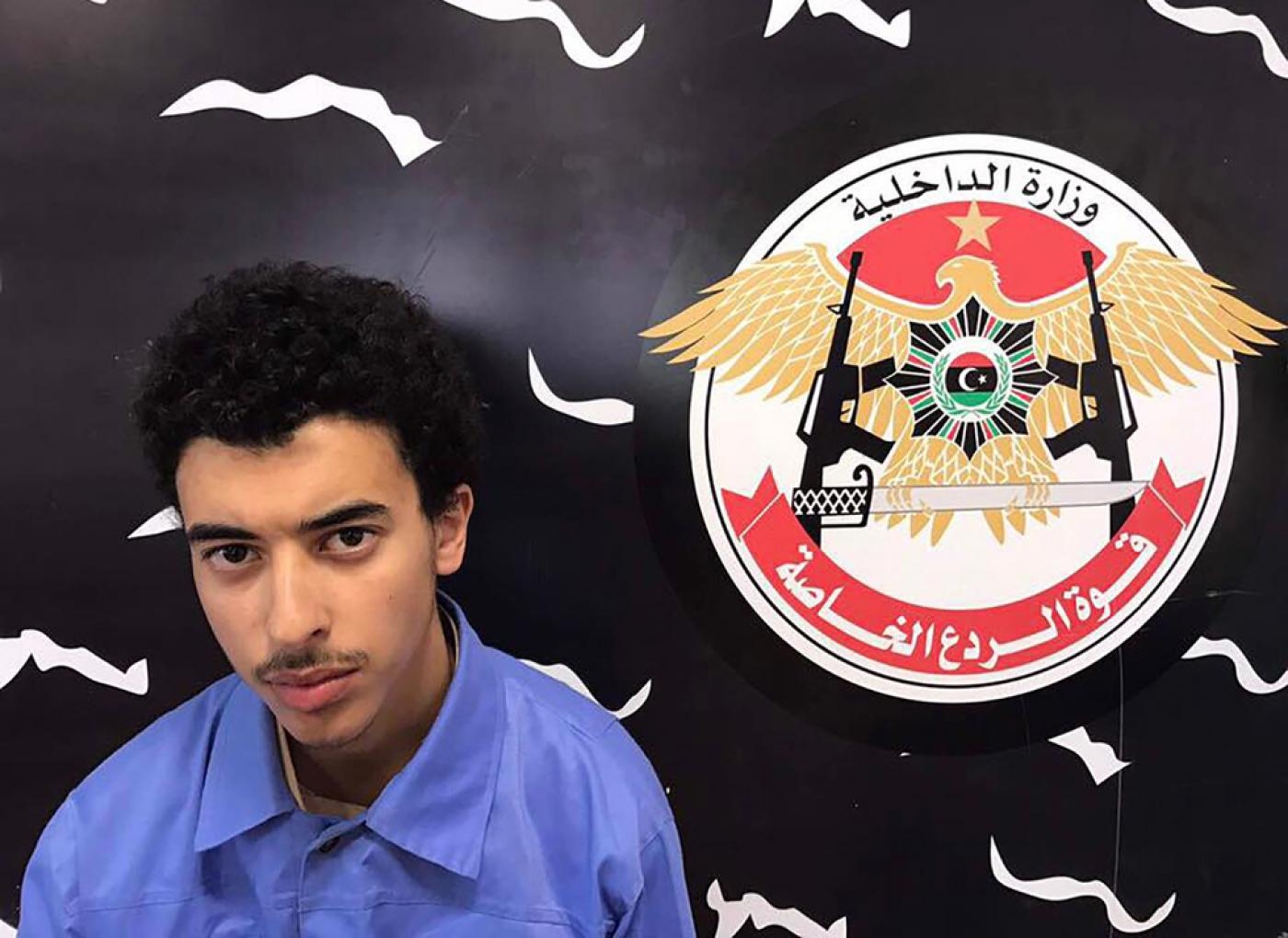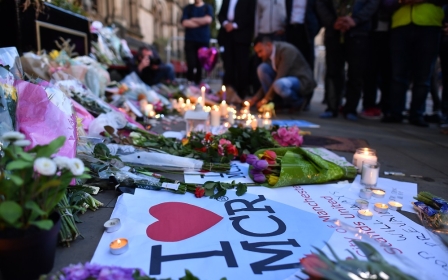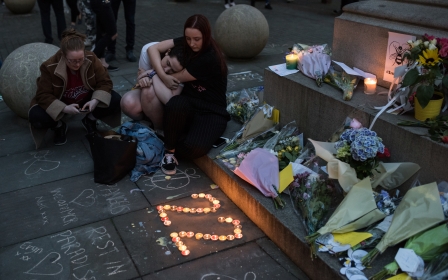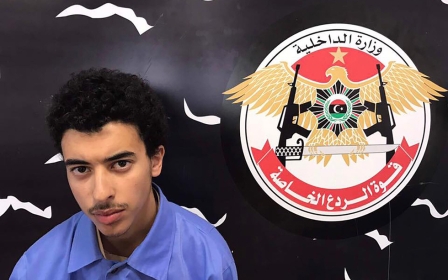Manchester Arena attack: Hashem Abedi sentenced to 55 years in prison

The brother of a suicide bomber who killed 22 people in Manchester in 2017 was jailed for at least 55 years by a British court on Thursday.
Hashem Abedi, 23, was convicted of 22 murders after a court heard how he had helped his older brother, Salman Abedi, plan the attack at the end of an Ariana Grande concert in the English city.
Among the dead were seven children, the youngest aged just eight, while 237 people were wounded and hundreds more were reported to have suffered from psychological trauma.
During his sentencing, Justice Jeremy Baker said: "The stark reality is, these were atrocious crimes. Large in scale, deadly in intent, appalling in their consequences.
"The despair and desolation of the bereaved families has been palpable."
New MEE newsletter: Jerusalem Dispatch
Sign up to get the latest insights and analysis on Israel-Palestine, alongside Turkey Unpacked and other MEE newsletters
Baker said Abedi would have to serve at least 55 years in prison before he would be considered for parole.
Refused to attend court
Abedi was not present in court for his sentencing, having refused to attend. There, grieving families gave testimony on how the attack had impacted their lives.
In March, a jury had found Abedi guilty of 22 counts of murder, attempted murder and conspiring to cause explosions.
He denied any involvement but did not provide any evidence to support his claims to the court or jury.
The Abedi brothers, born to Libyan parents who had immigrated to Britain during the rule of late leader Muammar Gaddafi, had plotted the attack at their home in south Manchester, experimenting with the construction of a homemade device.
They had made the bomb at a separate address in the city and then bought a car in which to store the bomb-making equipment, shortly before they returned to Libya in mid-April 2017.
The younger brother remained in Libya while Salman carried out the bombing, but police said he persuaded acquaintances to buy chemicals to make the explosives and had sourced metal drums used to build prototype devices.
Abedi had told his British lawyers that he was detained in Tripoli after the bombing and allegedly tortured being asked questions, submitted by the UK’s intelligence agencies, about people and places in Manchester.
His claims emerged in court before his trial, but could not be reported under British law until the jury had reached its verdict.
On two occasions, MI5 and MI6 officers visited him at the prison where he was being held by an interior ministry-linked militia known as the Rada Special Deterrence Forces.
During legal arguments before the trial began, prosecuting lawyers did not deny the allegation that “the British government was complicit in the torture of the defendant”. Instead, they argued successfully that his trial should be allowed to proceed regardless of the way in which he was treated in Tripoli.
Middle East Eye delivers independent and unrivalled coverage and analysis of the Middle East, North Africa and beyond. To learn more about republishing this content and the associated fees, please fill out this form. More about MEE can be found here.




